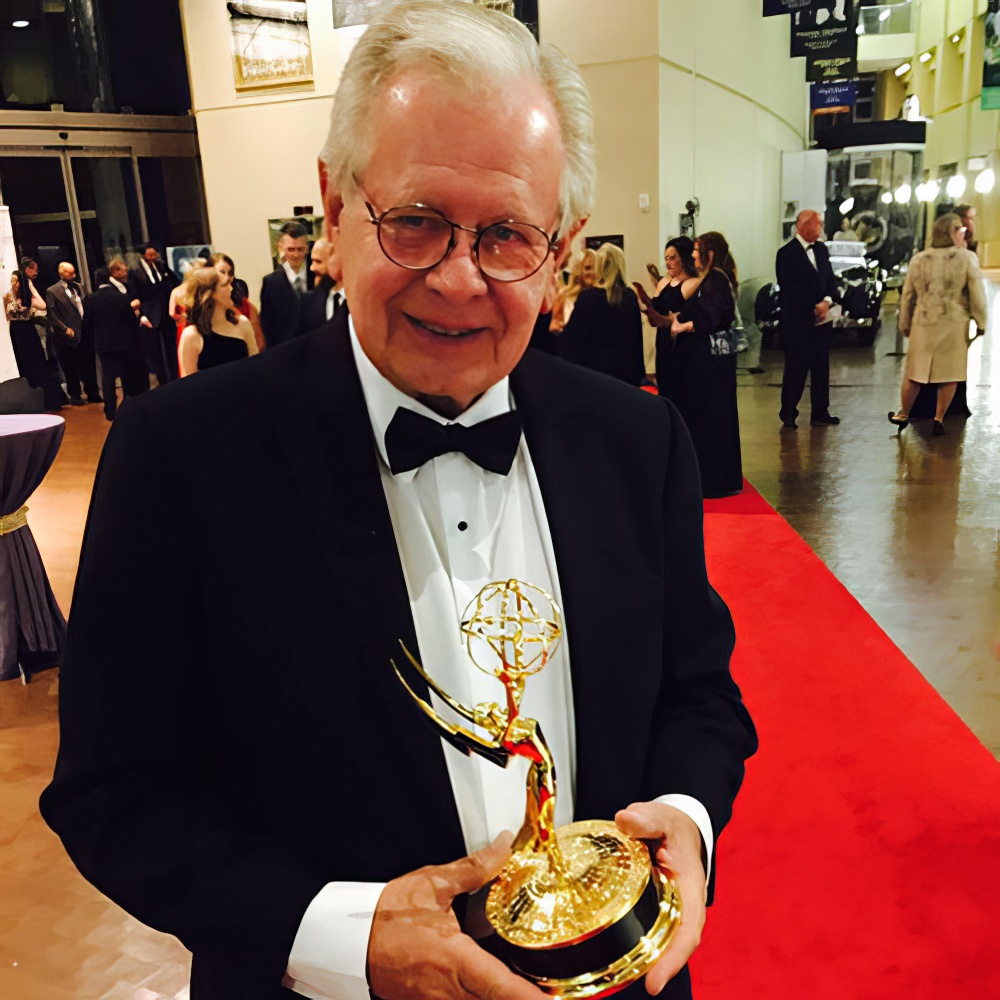
Sam Jones
2019
GOLD CIRCLE INDUCTEE
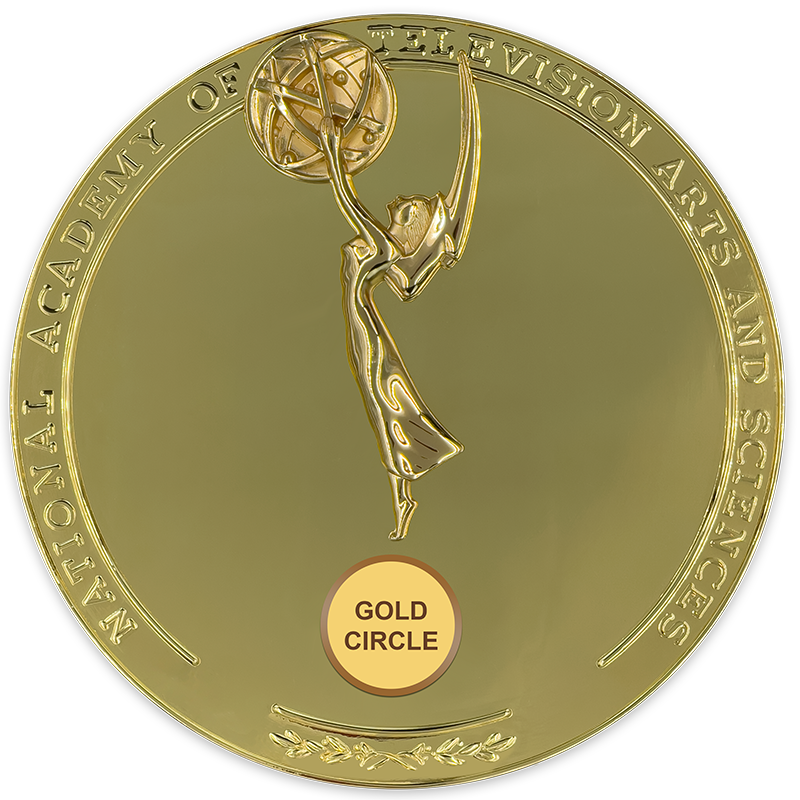
While the broadcast career of Sam Jones began in 1970 in Ft. Smith, Ark., he is a legend today in Tulsa, Okla. He started working in radio and television in Arkansas. He was a reporter and weekend anchor for KTHV-TV, then promoted as the prime anchor and assistant news director. He eventually began to file stories for both KTHV-TV and CBS News and was then recruited to work at KJRH-TV Tulsa in 1981 as an evening anchor.
He covered city and county government with a goal to tell stories about the treasures of Oklahoma and their people. Sam quickly became known as a man who not only anchored the news but as a skilled reporter who knew how to ask tough questions and find answers. He continues to pass his knowledge on to those wanting to learn about true journalism.
His documentary, "Spirit of the Fire," chronicled the Western Oklahoma life of the Native American Keetoowah society, with interviews and conversations translated from Cherokee so viewers could understand the processes and words. The Smithsonian museum houses this and another of his documentaries, "Little Giant from Little Dixie."
In 1990, he became anchor/producer of "Oklahoma Forum" on KTFO-TV and "Open Line" in 1992. He also wrote, produced, and anchored hour and half-hour specials. In 1994, he moved his live call-in show to KOTV-TV. Currently, he hosts and produces "Green Country Perspectives" at RSU-TV, where he received two Emmys® for his programs.
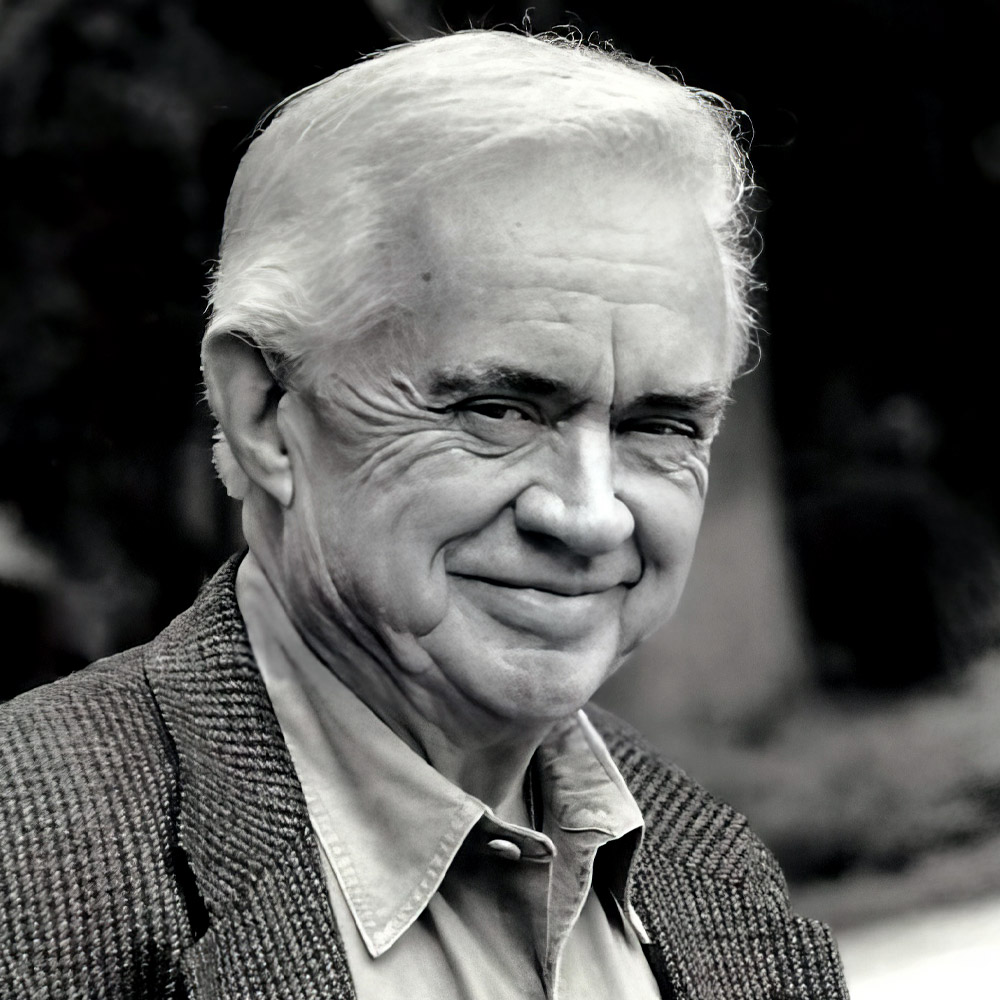
Ron Hull
2019
GOLD CIRCLE INDUCTEE

The career of Ron Hull spans decades, and his influence crosses international boundaries. Hull, 91, shaped Nebraska Public Media into a statewide network with four television and two radio channels. When he joined the fledgling organization 68 years ago to produce a creative writing series, it was only the eighth educational television station in the country: KUON-TV at the University of Nebraska.
In 1966, President Johnson tapped him to act as a television programming advisor to the government of South Vietnam, and that was only the beginning of Hull's international broadcasting work. He returned to Vietnam years later to film a PBS documentary, "Beyond the Fury." When he returned from Vietnam in 1968, he served as the program manager of the Nebraska ETV Network.
From 1982-88, he directed the Program Fund at the Corporation for Public Broadcasting, funding "Nova," "The American Experience," "The Metropolitan Opera," and "Reading Rainbow." Returning to NET in 1989, he became the station manager, then transitioned to working for both PBS and NETV while earning a Ph.D. in Education from the University of Nebraska, Lincoln. In 1999, he received a Fulbright Scholarship to teach international broadcasting at Cheng Chi University in Taipei, Taiwan, then returned to NET and the University of Nebraska-Lincoln several years later.
He is on the advisory Committee on the Arts for the John F. Kennedy Center, the boards of the Nebraska Broadcasters Association, and the Nebraska Hall of Fame Commission. He is a special advisor to Nebraska Public Media and a Professor Emeritus at the University of Nebraska.
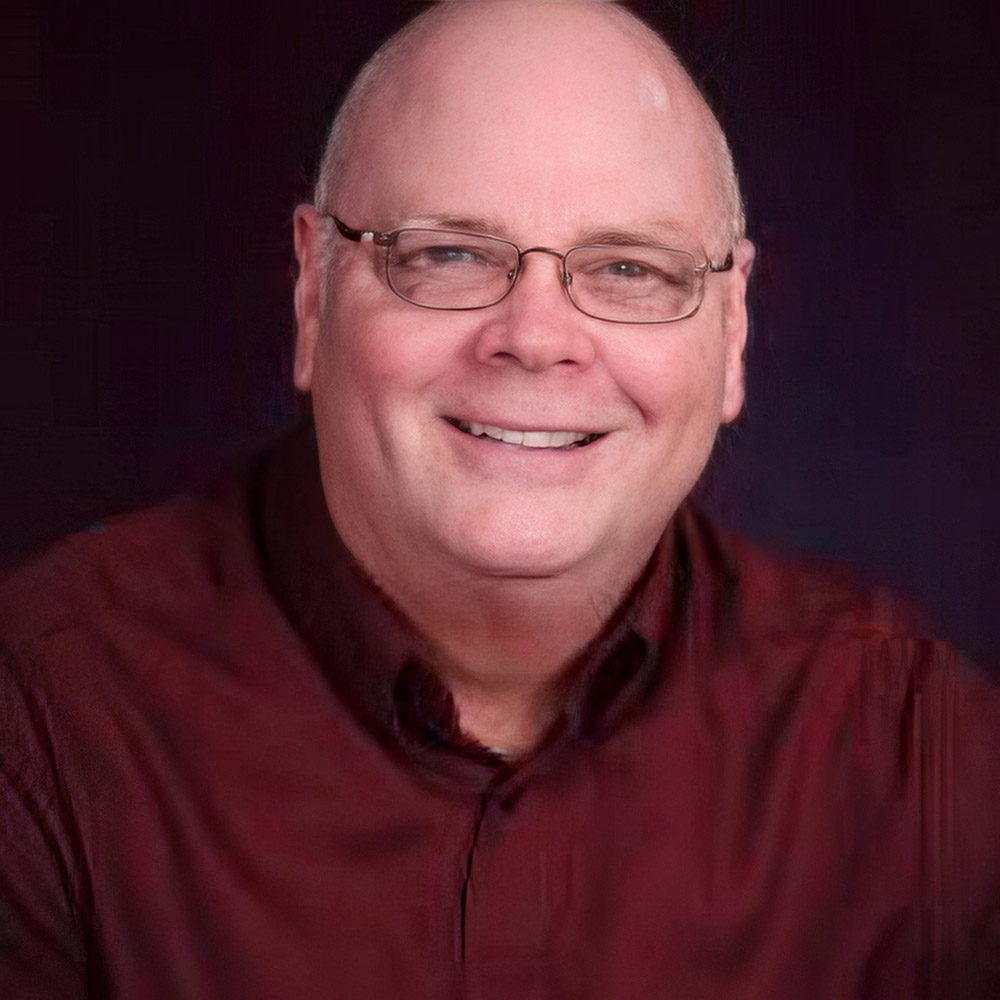
Bill Perry
2019
GOLD CIRCLE INDUCTEE

Our profession is peppered coast to coast with quality people tutored and touched by Bill Perry, but his heart is in Heartland Television. Some even say they owe their careers, if not their very lives, to Bill Perry.
If the numbers of awards, including Emmys®, are the measure of success, then Bill is more than successful. If passion in producing a quality product is the measure to use, then Bill’s success is immeasurable. If loyalty, dedication, care, and consistency are ingredients in true success, then Bill is the recipe.
Bill Perry grew up in the Heartland, was schooled in Oklahoma, and began his television career even before he had a diploma in hand. That professional path began at KTEN in Ada, Oklahoma. He is rightfully proud of the fact he operated the station's first color camera for the first locally originated color program there in 1969. Bill launched quickly to the "big time" at KOCO-TV, where he delighted the Heartland with a feature called "NEWSREEL" for newscasts (and the tapes exist to prove he had hair). In the mid-1970s, Perry worked on both sides of the camera at KDFW in Dallas.
Bill Perry moved from the Heartland in 1977 but represented his home region admirably in many ways. He supervised field coverage for the launch of the first NASA Space Shuttle for WBBH (NBC) in Ft. Myers, Florida. During his service at WATE in Tennessee, he was one of nine news directors to form the ABC News Directors Advisory Board to foster affiliate news services for the network... And the list goes on.
Back home to Oklahoma television in 1986, he taught broadcast news at East Central University in addition to his commercial work as an Account Executive at KTEN (ABC/NBC). He moved his family home to Oklahoma City in 1987 and continued his television career with KAUT (Fox).
In January of 1990, Bill joined OETA – The Oklahoma Network (PBS) as Field Bureau Manager and has since contributed greatly to News and Public Affairs. Promotions and programming opportunities were given to him, not only because they were "part of the job", but because everyone knew Bill Perry would get the job done and done well.
As Executive Producer of the highly acclaimed Documentary Department at OETA, Bill initiated the production of two monthly series. "Stateline" is focused on the issues and people and politics of Oklahoma. "Gallery" showcases the myriad artists, arts, and culture in the state. In less than five months, Perry was promoted to the position, found and equipped office and production space, hired three people, and had "Stateline: Beyond Black and Gold" on the air. That first documentary won Bill and the "Stateline" staff an award from the Independent Producers Association and made the cover of TV Week magazine.
Since the first "Perry Production," Bill and his department have garnered Emmys®, Clarions, Auroras, NETAs, and countless other regional and state awards from broadcast, journalism, and other professional organizations.
Bill Perry doesn't limit himself to his profession. He consistently involves himself in helping the community in many ways. He and fellow members of the 1997 class of the Oklahoma City Citizens Police Academy adopted the motto "Ready to Help." He has a special place in his heart for the nonprofit Christian Retirement Community and has volunteered countless hours helping raise funds and assisting with promotional materials.
Bill has mentored and aided the careers of scores of people with whom he has worked. Additionally, for the past decade, he has involved himself, recruited, produced, and even swept stages and schlepped props for the annual Oklahoma City Gridiron Club political parody show, in the effort to raise money for Oklahoma Journalism student scholarships.
And please know for a fact that Bill Perry continues a dedication and commitment to bring the best, award-winning documentary productions to viewers in the heart of the Heartland.
— William C. "Bill" Thrash (1939-2013)
"I have worked with Bill Perry for only a short time, but I can tell you he is one of the most talented content producers with whom I've ever had the pleasure to work. His instincts are consummate, and his attention to detail and nuance are unparalleled. The way in which he guides the creative process is a master class in content production. He knows and loves the television industry, and over his decades of service to it, has touched so many lives. Both those whom he has mentored, and the Oklahomans who have learned and benefited from the wonderful content he has stewarded." — Polly Anderson, OETA Executive Director
Bill Perry is OETA's Vice President of Content Production. If you are going to the Oklahoma City show, thank Bill Perry; his contributions to Heartland are enormous.
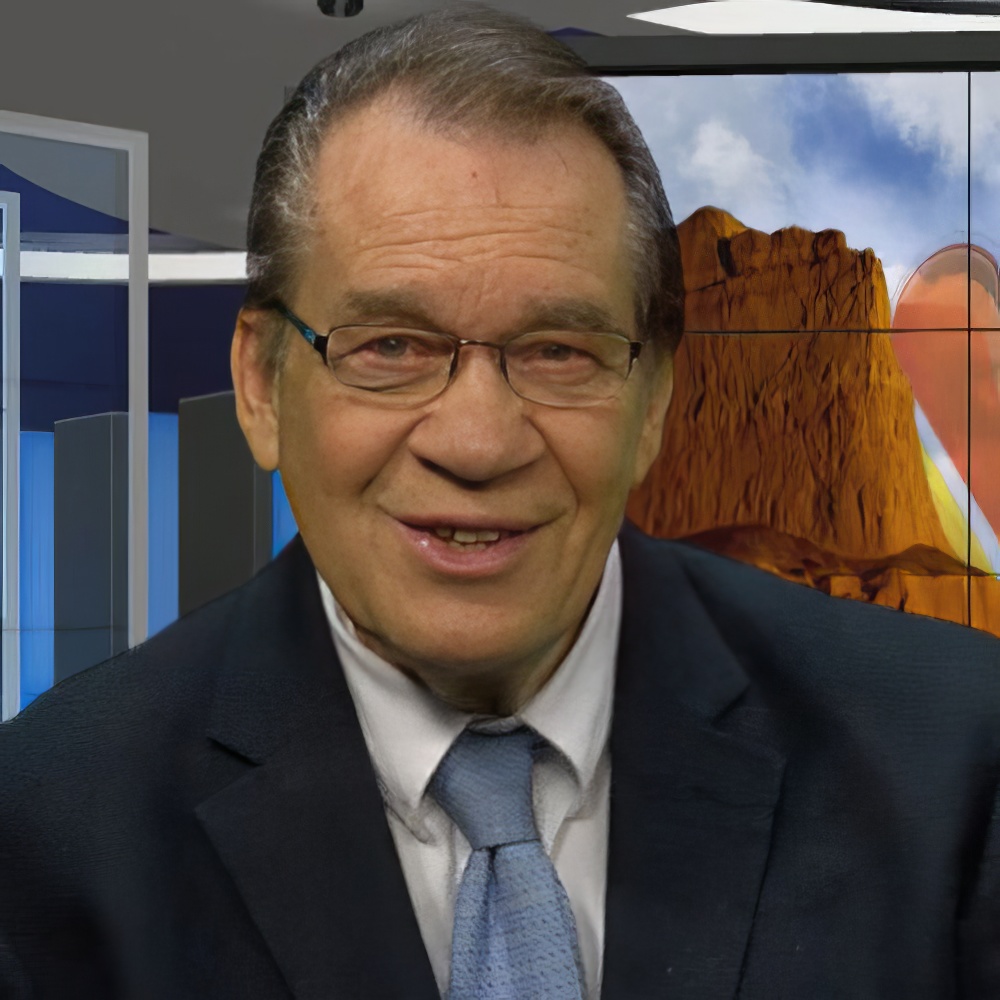
Jerry Dishong
2018
GOLD CIRCLE INDUCTEE

No bio available at this time
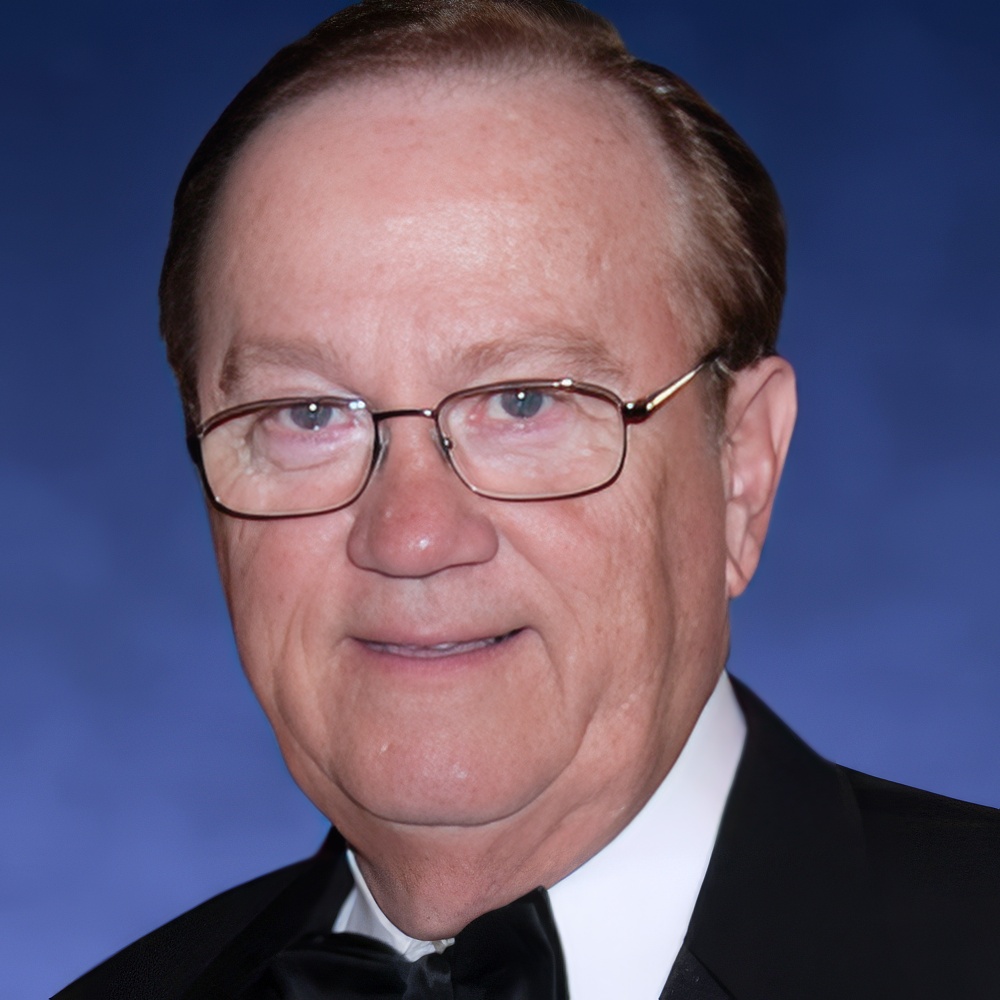
Bill Thrash
2010
GOLD CIRCLE INDUCTEE

For more than 50 years Bill Thrash has stood for quality programming in Oklahoma commercial and educational television. Currently the Station Manager at OETA The Oklahoma Network, and with no apparent plans to retire soon, he is widely recognized for his dedication to, and enduring love for, his community, his state and his profession. Bill is described as a manager, producer, director, cameraman, writer, teacher and friend – all rolled into one person. His creativity and innovation have helped to advance the television industry to the benefit of many, on both sides of the screen. In 1955 he began his career at KTEN in Ada, then on to KOCO and KFOR (formerly WKY-TV), and to OETA in 1988. During his 16 years with KFOR he directed “The Stars and Stripes Show” and supervised the “Dannysday” talk show with Danny Williams and Mary Hart. He also worked with Bob Dotson on Oklahoma’s only National Emmy award winning news documentary, “Through the Looking Glass, Darkly.” While at OETA he directs the wraparounds for the weekly “Lawrence Welk Show” and, more recently, was instrumental in the complex and sometimes tedious transition to the digital world – working with neighboring stations to serve the viewing public. Throughout his years of hard work, Bill has been recognized by civic and arts organization for his community service, and by his peers with Emmy awards, a National Iris nomination, two Western Heritage awards, an AWRT Lifetime Achievement award, a Golden Grid Programmer of the Year award – and he is also a member of our own Silver Circle. He encourages students interested in a career in broadcasting to pursue a variety of subjects, rather than to focus exclusively on media-related courses, believing that real professionals understand everything from politics to the arts, to pop culture and local history. This is a man who has devoted his life to delivering the very best in television programming to all the audiences he serves.
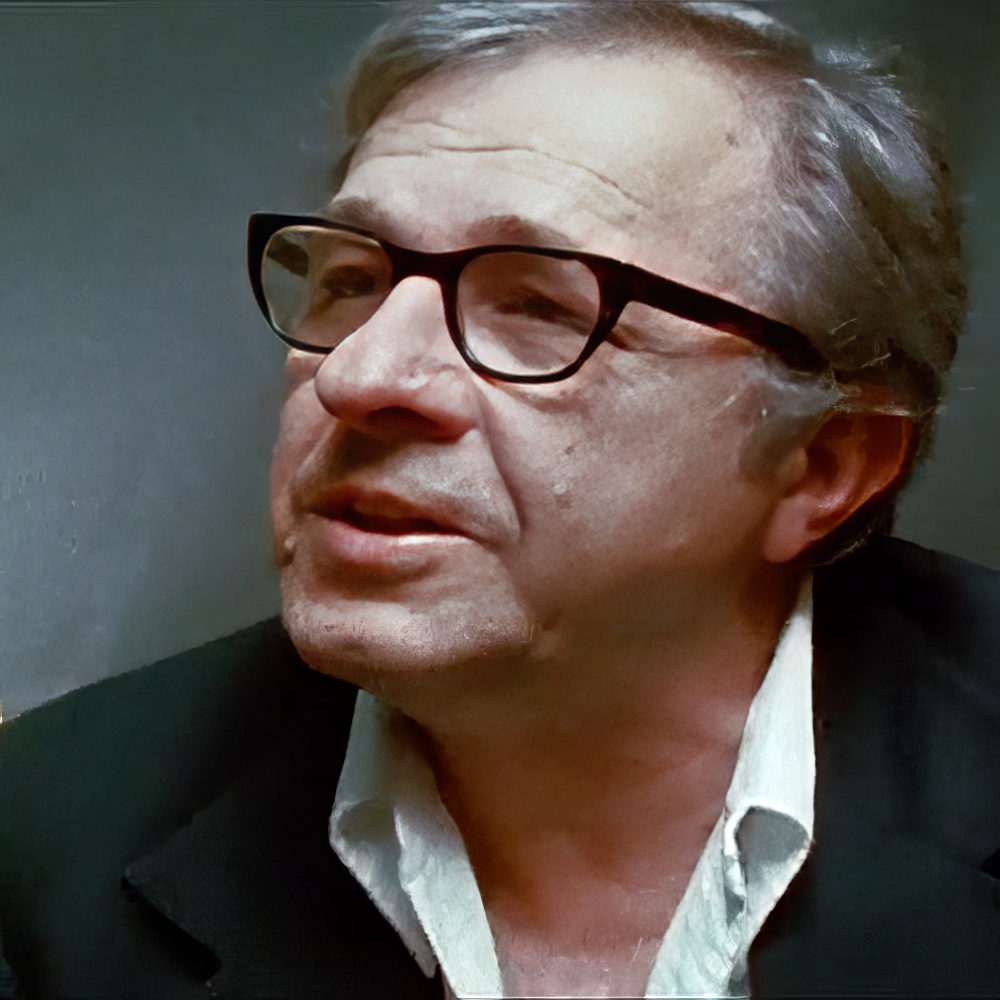
Ned Hockman
2006
GOLD CIRCLE INDUCTEE

Charles Nedwin “Ned” Hockman’s career spans 59 years, starting in 1947 as a combat cameraman in the China-Burma-India Theater of Operation. An Oklahoma native, Ned attended Cameron College and the University of Oklahoma before being drafted into the Army in 1942, where he served with the Air Corp’s First Motion Picture Unit. He helped photograph and produce hundreds of training films under the supervision of unit commander Ronald Reagan. In 1949 he became Director of Motion Picture Production at OU, and helped establish film production studies there. He was the official cinematographer for the OU Athletic Department from 1949-1985, and began producing a weekly highlight reel that was distributed nationally to publicize college football in a brand new way. Students, peers and journalism professionals agree that Ned always advocated the basics of journalism: Pictures Tell the Story, and Learn to Write Well. He directed the film “Stark Fear” a New York Times Critic’s Pick in 1963, and was a US delegate to the Cannes Film Festival in 1965. He served as the president of the Oklahoma Motion Picture Hall of Fame for 20 years until 2005.
Ned Hockman is one of the founders of the National Press Photographers Association workshop in Norman, Oklahoma, and for 30 years was its host and co-director (31 years on the faculty). Today the NPPA workshops draw hundreds of television professionals from around the world. Ned is the recipient of the prestigious Joseph A. Sprague Memorial Award, and has been inducted into the Oklahoma Higher Education Hall of Fame and the Oklahoma Broadcasters Association Hall of Fame. He has produced over 200 films and television programs and has received numerous awards and accolades – and still maintains that the best reward is the phrase, “…oh, I see what you mean!” Ned and his wife, Loretta Mae, reside in Norman.
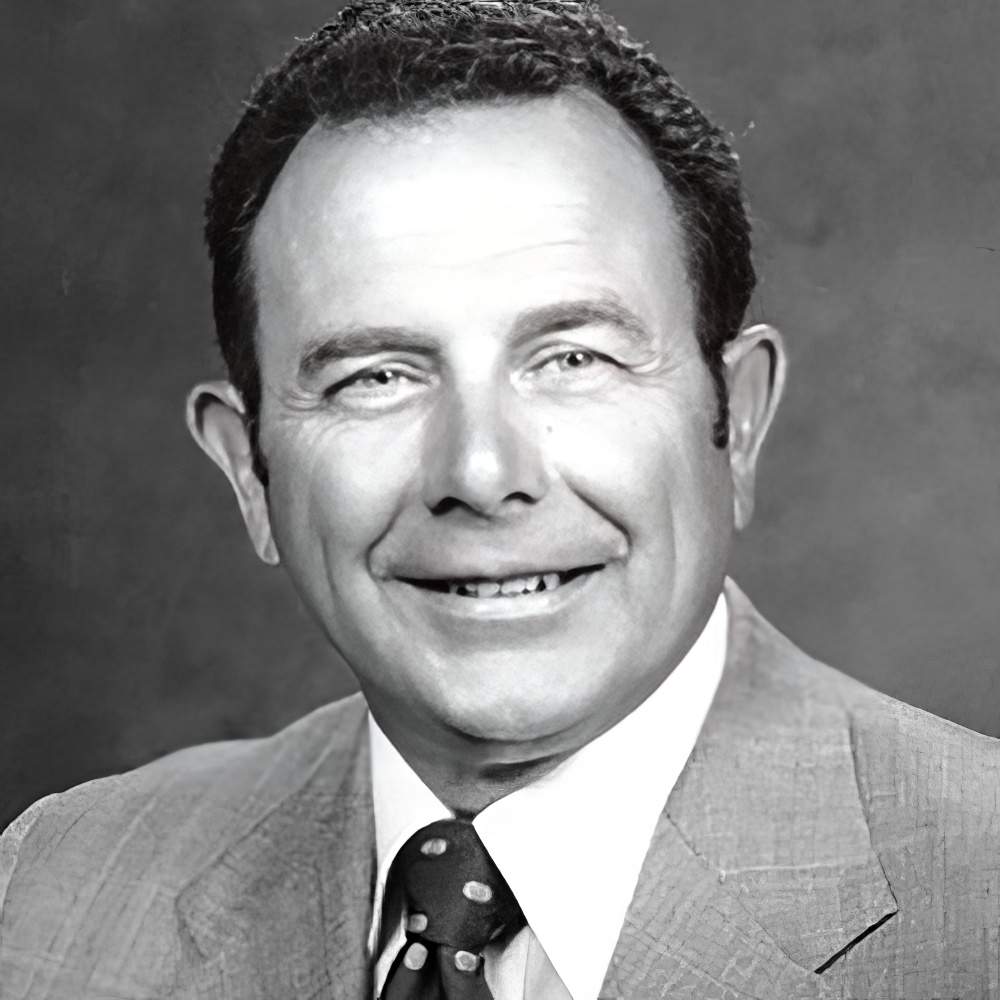
Harry Hoth
2003
GOLD CIRCLE INDUCTEE

For more than fifty years, Harry W. Hoth has demonstrated what it means to be a local broadcaster committed to community service. Hoth started at KRDO radio while studying at Colorado College. The former Marine gained the respect of station ownership, and they followed his advice to add a television signal to their radio property. KRDO TV went on the air in 1953, and Hoth became President and General Manager. The Pikes Peak Broadcasting Company now includes two TV stations – KRDO-TV in Colorado Springs and KJCT-TV in Grand Junction, and three radio stations – KRDO AM and FM, and KSKX FM in Colorado Springs.
From the early days of black and white cameras and vacuum tube transmitters, his station provided live coverage of news and community events. His station was the first in the market to telecast live pictures from the top of Pikes Peak, first with local telecasts in color, and first to deliver television programming to Southern Colorado residents through an extensive network of mountaintop translators. It was the first with live coverage of fairs, parades, and graduations and the first to use modern Electronic News Gathering. But his concept of community service also extends beyond dedicated news reporting.
Hoth served as Mayor of Colorado Springs from 1963 to 1967. His foresight and leadership resulted in an ambitious pipeline project, bringing snowmelt to front-range reservoirs. He is the former Chairman of the Air Service Task Force and is a former Chairman and Life Member of the Chamber of Commerce Military Affairs Council.
Harry W. Hoth was named Broadcaster of the Year by the Colorado Broadcasters Association in 1969 and again in 1985, and the CBA's Harry W. Hoth Community Service Award is given to the broadcaster who demonstrates sustained commitment to community service.
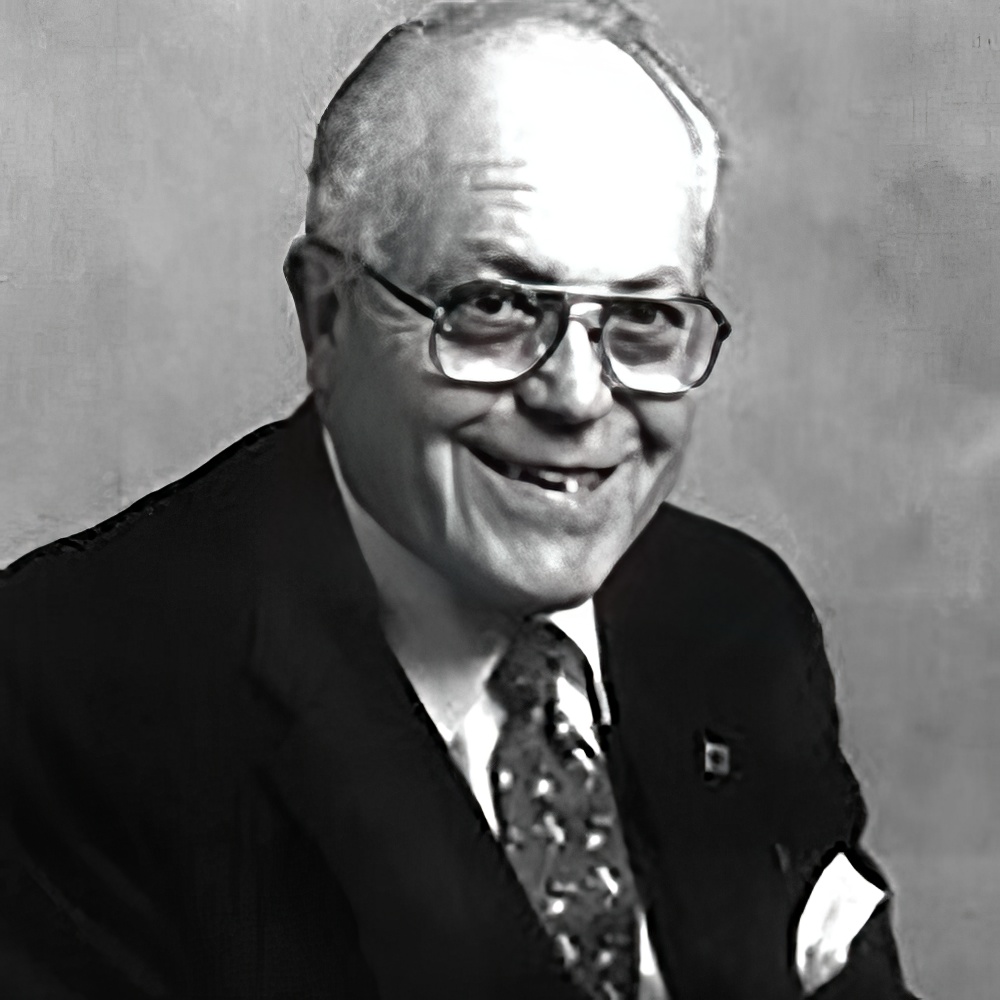
Tom Cook
2002
GOLD CIRCLE INDUCTEE

W. Thomas Cook was born in McCook, Nebraska. He received his BA and Master's Degrees from Colorado State College of Education (now the University of Northern Colorado). Tom began his career in radio at KBRL-AM-1450 in 1948. He was a member of the Council for Public Broadcasting at KRMA-TV in Denver starting in 1965; he served on the Board of Directors for Rocky Mountain PBS for 32 years. Tom was also the host of "Denver Showcase" on KOA-TV (now KCNC) from 1979 to 1991. During this time, Tom interviewed leading figures in politics, the arts, sciences, and sports.
With the opening of Metropolitan State College in 1965, Professor Cook became a charter member of the Faculty, and he established the first broadcasting curriculum in the state. This led to the first Broadcasting/Telecommunications major program, leading to a Baccalaureate degree in 1976. It was during this time that Tom, working with his good friend Carl Akers, started the first internship at KBTV-TV and radio in 1968. Today, Metro students are participating in 140 telecommunications internships throughout the region and the U.S.
Tom has received many honors during his career, including the Distinguished Faculty Award from Metro State College in 1983 and the Distinguished Service award in 1988. The Colorado/Heartland Chapter of the National Academy of Television Arts & Sciences inducted him into the Silver Circle in 1999 – the first educator to be so honored. And in March of 2002, the Colorado Broadcast Pioneers inducted him into their Hall of Fame. Tom served on the Board of Governors for the Colorado/Heartland Chapter and was an enthusiastic member of the Education and Scholarship committees. In his honor, the Chapter has established the W. Thomas Cook Scholarship.
The good works of Tom's life will carry on in the hearts of all who knew him.
Silver Circle Inductee: 1999
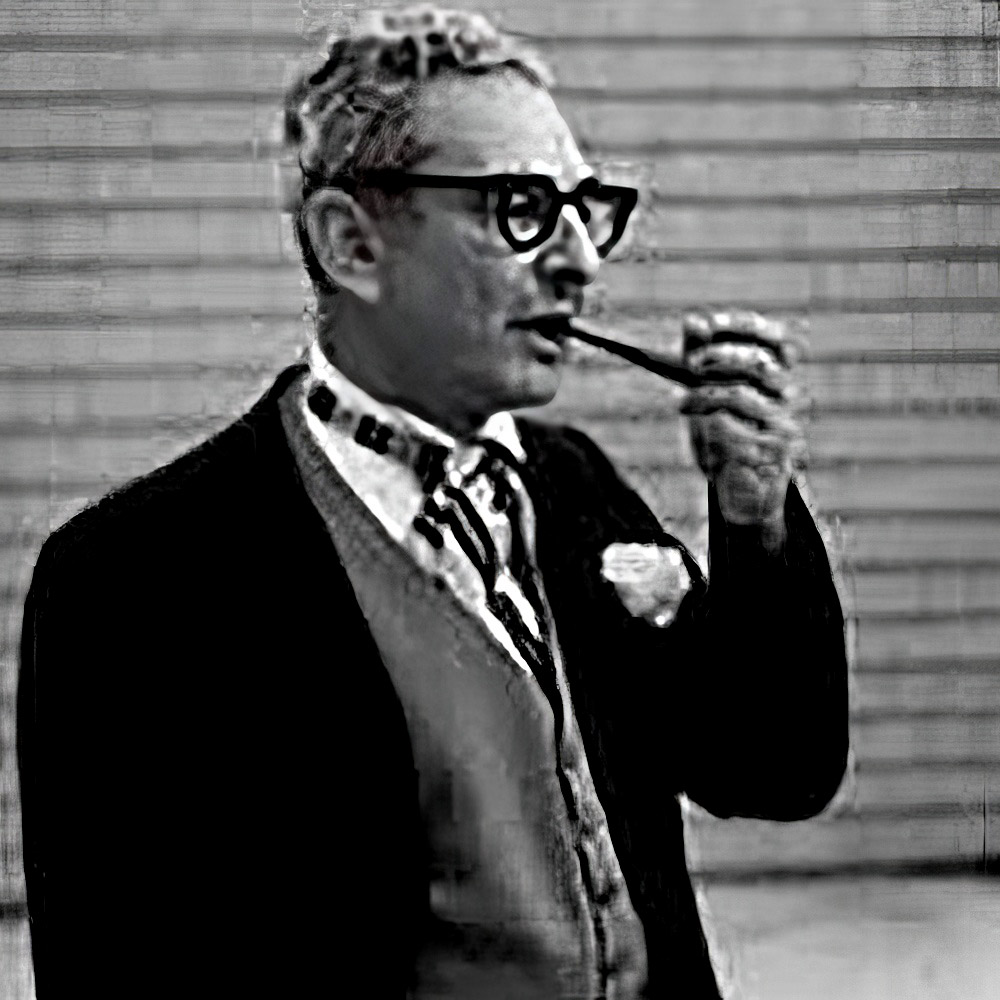
Noel Jordan
2002
GOLD CIRCLE INDUCTEE

In 1937, Mr. Jordan graduated from Harvard with honors and headed straight for the National Broadcasting Company in New York, where he started as a page. In 1939, he was transferred to the newly formed Television Department where he worked as a property man, floor manager, and, in a crisis, spare announcer and any other position that needed filling. He was part of the original station staff when NBC inaugurated the first regular TV broadcast service in the U.S. After a 4-year tour with the U.S. Army Air Force during WWII, he returned to the NBC Television Department and became a Producer/Director on numerous programs during one of the most exciting times our industry has seen. He directed the first live telecast of the NBC Symphony with Toscanini, the first live telecast from the United Nations, the first live telecast from a submarine, the first live telecast from an aircraft carrier, and the Republican, Democratic, and Progressive Political Conventions from Philadelphia. He was also an accomplished writer for the network, handling genres from documentaries to dramas.
In 1948, Mr. Jordan moved to Denver and began teaching radio, TV, and film at the University of Denver. He taught television to students when there was no working TV station in Denver; so effective were his methods that students were able not only to identify TV equipment when visiting other cities but also describe how and why it functioned, just from having been in Mr. Jordan's classes!
In 1952, Mr. Jordan joined John Newell and Herman Urshell to form Western Cine Service, Inc., for years the largest film-processing lab between Kansas City and L.A. He hosted "The Right to Talk" on KWGN-TV and was appointed to the Colorado Education Television Commission in 1962 by Governor McNichols.
Mr. Jordan's intelligence, commitment to high standards, and passion for radio, television, and film have influenced several generations of broadcast students, as well as many of our leaders and colleagues in the industry.
